Results
-
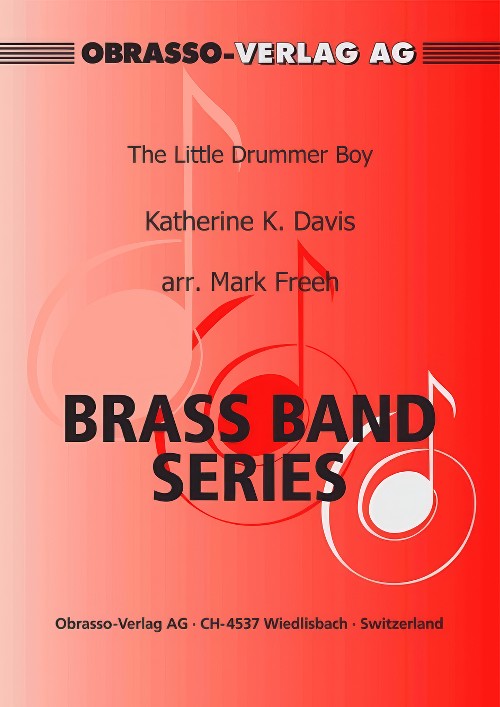 £54.20
£54.20The Little Drummer Boy (Brass Band - Score and Parts) - Freeh, Mark
Carol of the Drum. Duration: 4.10
Estimated dispatch 7-14 working days
-
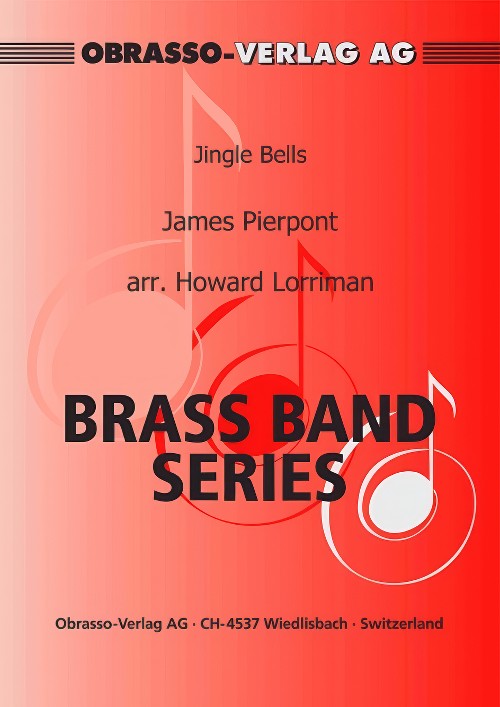 £54.20
£54.20Jingle Bells (Brass Band - Score and Parts) - Pierpont, James Lord - Lorriman, Howard
Duration: 2.00
Estimated dispatch 7-14 working days
-
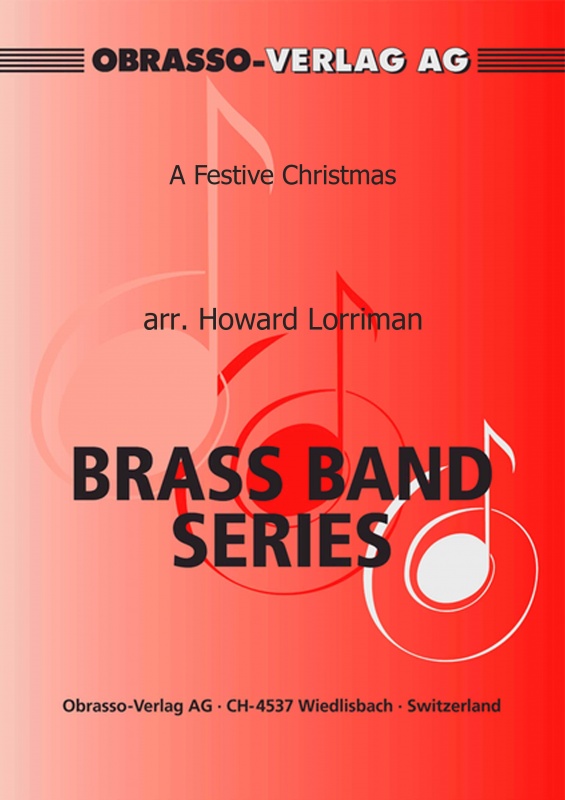 £54.20
£54.20A Festive Christmas (Brass Band - Score and Parts) - Lorriman, Howard
with Optional Organ. Includes: The First Nowel; Away in a Manger; Deck the Halls; Angels, from the Realms of Glory; O Come All Ye Faithful; Hark! The Herald Angels Sing
Estimated dispatch 7-14 working days
-
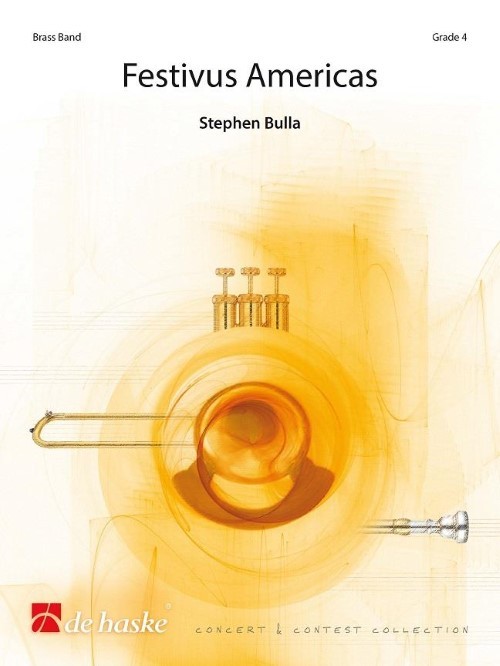 £84.99
£84.99Festivus Americas (Brass Band - Score and Parts) - Bulla, Stephen
Dedicated to the North American Brass Band Association, this is music that is full of energy and dynamic extremes. In form it draws from the overture style, although the themes are self-existing and the piece is programmatic. Working well as a festival opener, it sets a mood of excitement. Following the rhythmic fanfares of the opening, the first theme is presented in the cornets followed by a return to the same rhythmic material. A second theme appears in the horn section and is developed, changing into a darker and sinister form of the same motif. Eventually a Maestoso section is reached, full of sustained block chords in the cornets and trombones, as the rest of the band counters with cascading lines that weave straight through the brighter instruments. Duration: 5.00
Estimated dispatch 7-14 working days
-
 £27.95
£27.95MARSCH DIE VERSCHUNG (Brass Band) - Wagner, Richard - Fowles, Michael
.
Estimated dispatch 7-14 working days
-
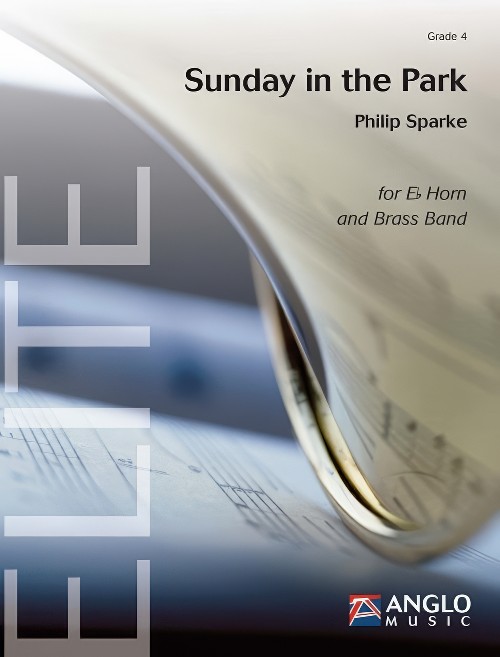 £87.99
£87.99Sunday in the Park (Tenor Horn Solo with Brass Band - Score and Parts) - Sparke, Philip
Sunday in the Park was written for tenor horn virtuoso Sheona White, and commissioned by her partner, Matt Wade, as a Christmas present. Composer Philip Sparke had known and admired Sheona's playing for many years, having produced her first solo CD and written pieces for her previously. Both composer and performer are huge fans of the late Karen Carpenter, Sheona in part modelling her sound on the singer's sultry voice; so it was decided that this new solo would be a piece which, whilst not being a 'Carpenters' pastiche, paid tribute to their relaxed style and rich harmonic language. Sunday in the Park opens with an accompanied cadenza for the soloist, which leads to a gentle rhythmic melody with a laid-back feel. This is taken up by the band but the soloist sparks a change of mood by introducing a faster light rock interlude. This reaches a climax, at which point the music unwinds until the original mood returns. A variation on the original melody leads to a short cadenza from the soloist, which brings the work to a peaceful close.Duration: 7:00
Estimated dispatch 7-14 working days
-
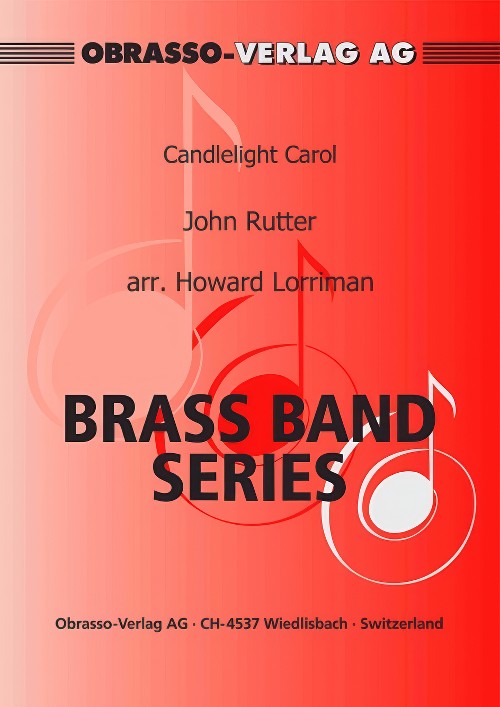 £54.20
£54.20Candlelight Carol (Brass Band - Score and Parts) - Rutter, John - Lorriman, Howard
Candlelight Carol" is a Christmas carol with music and lyrics by the English choral composer and conductor John Rutter. The carol was written in 1984, and was first recorded by Rutter's own group, the Cambridge Singers, on their 1987 album Christmas Night. It is now available for your brass band.
Estimated dispatch 7-14 working days
-
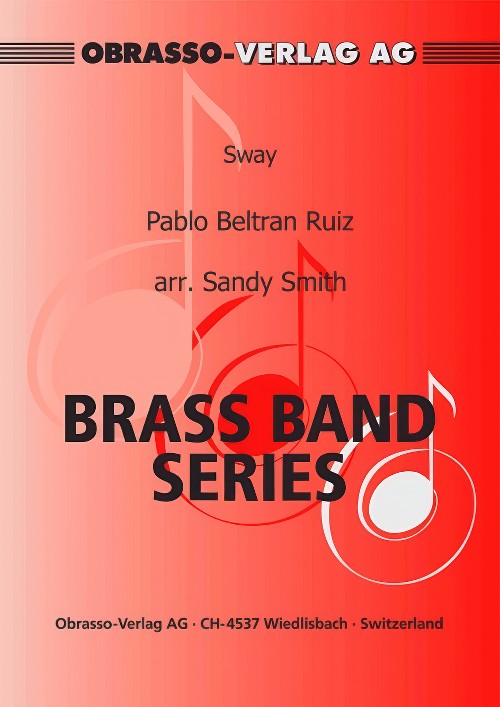 £54.20
£54.20Sway (Brass Band - Score and Parts) - Ruiz, Pablo Beltran - Smith, Sandy
A sure audience pleaser!
Estimated dispatch 7-14 working days
-
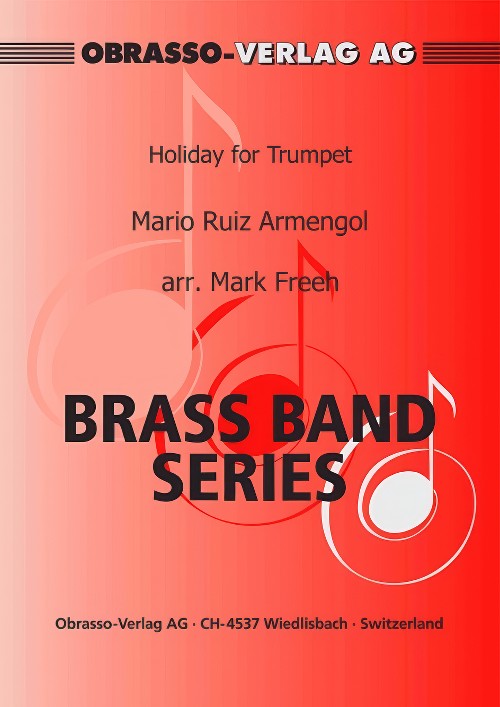 £54.20
£54.20Holiday for Trumpet (Cornet Solo with Brass Band - Score and Parts) - Armengol, Mario Ruiz - Freeh, Mark
Your cornet player will love showing off their dexterity and tone in this upbeat number.
Estimated dispatch 7-14 working days
-
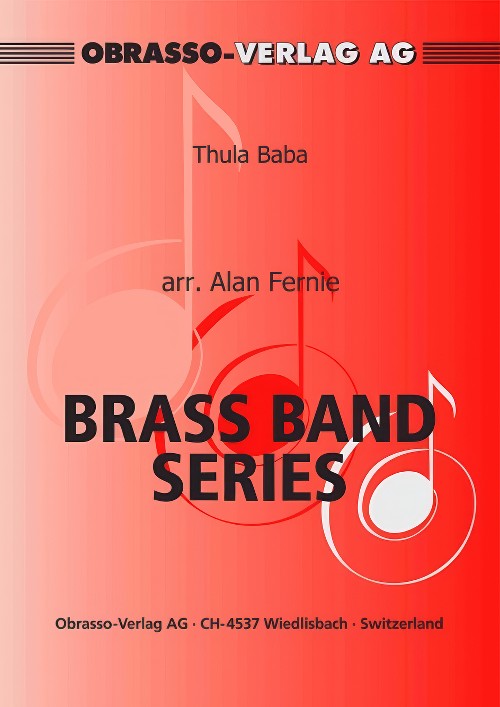 £50.90
£50.90Thula Baba (Brass Band - Score and Parts) - Fernie, Alan
This traditional African tune has been expertly arranged by Alan Fernie
Estimated dispatch 7-14 working days
